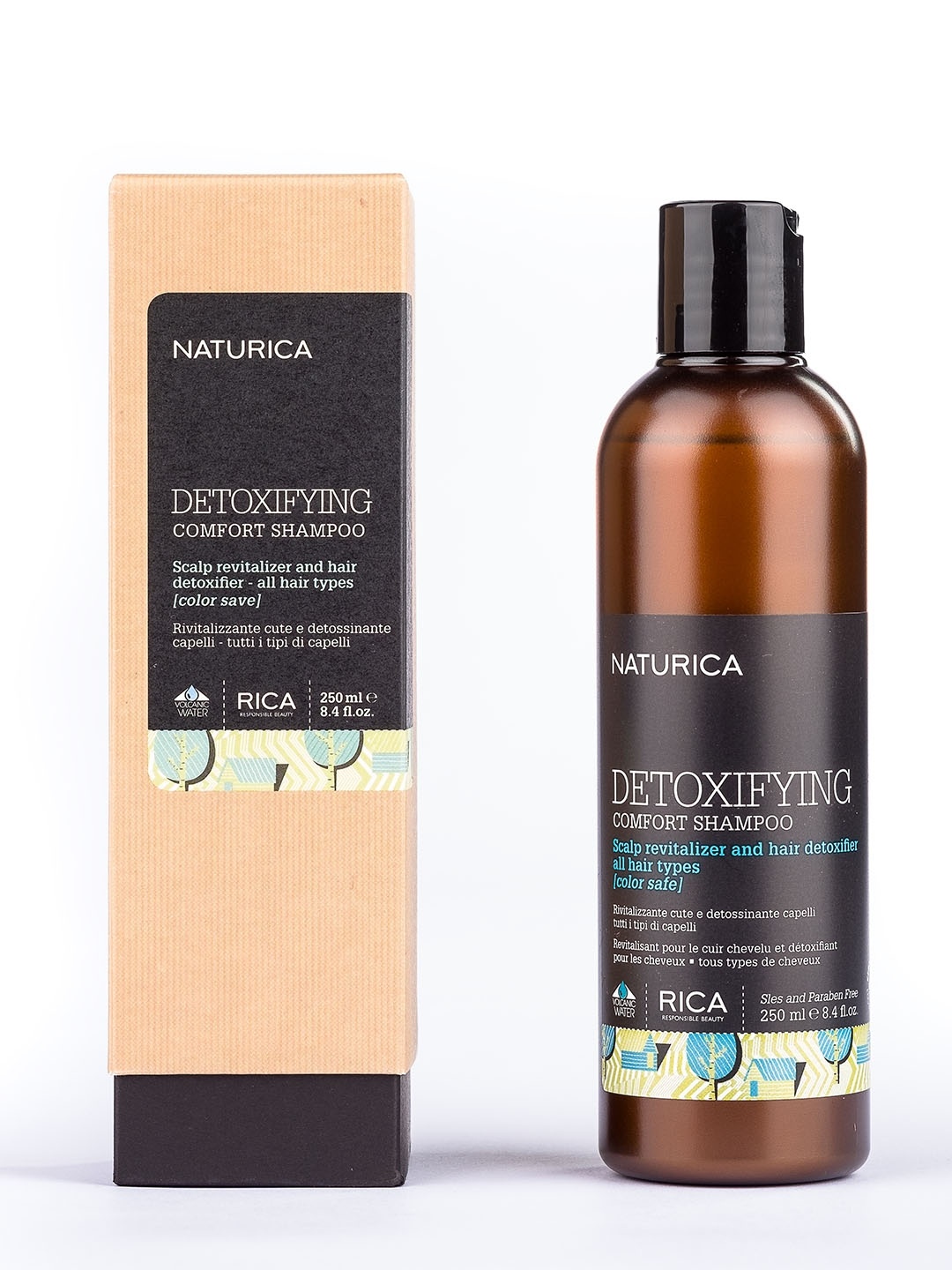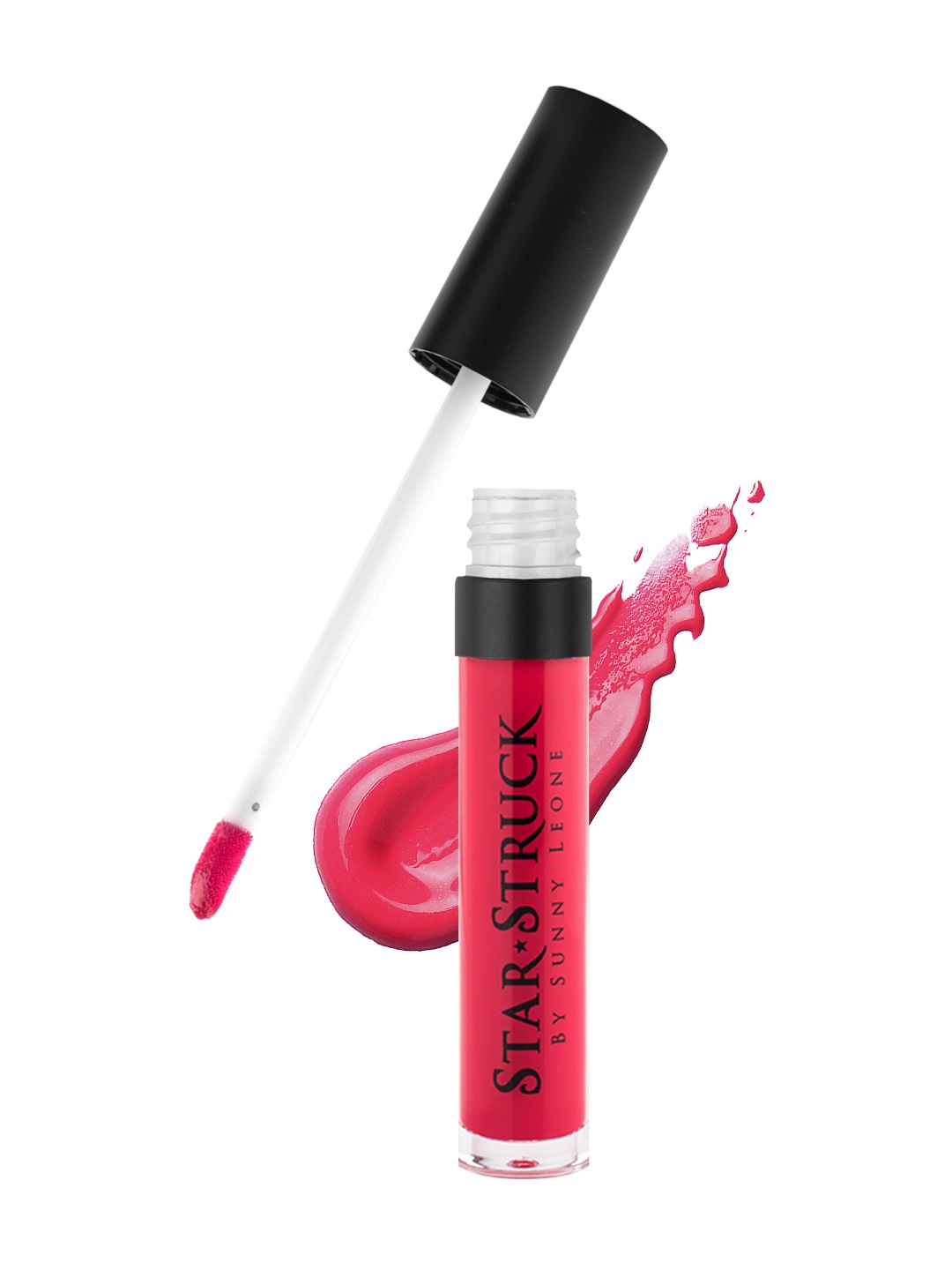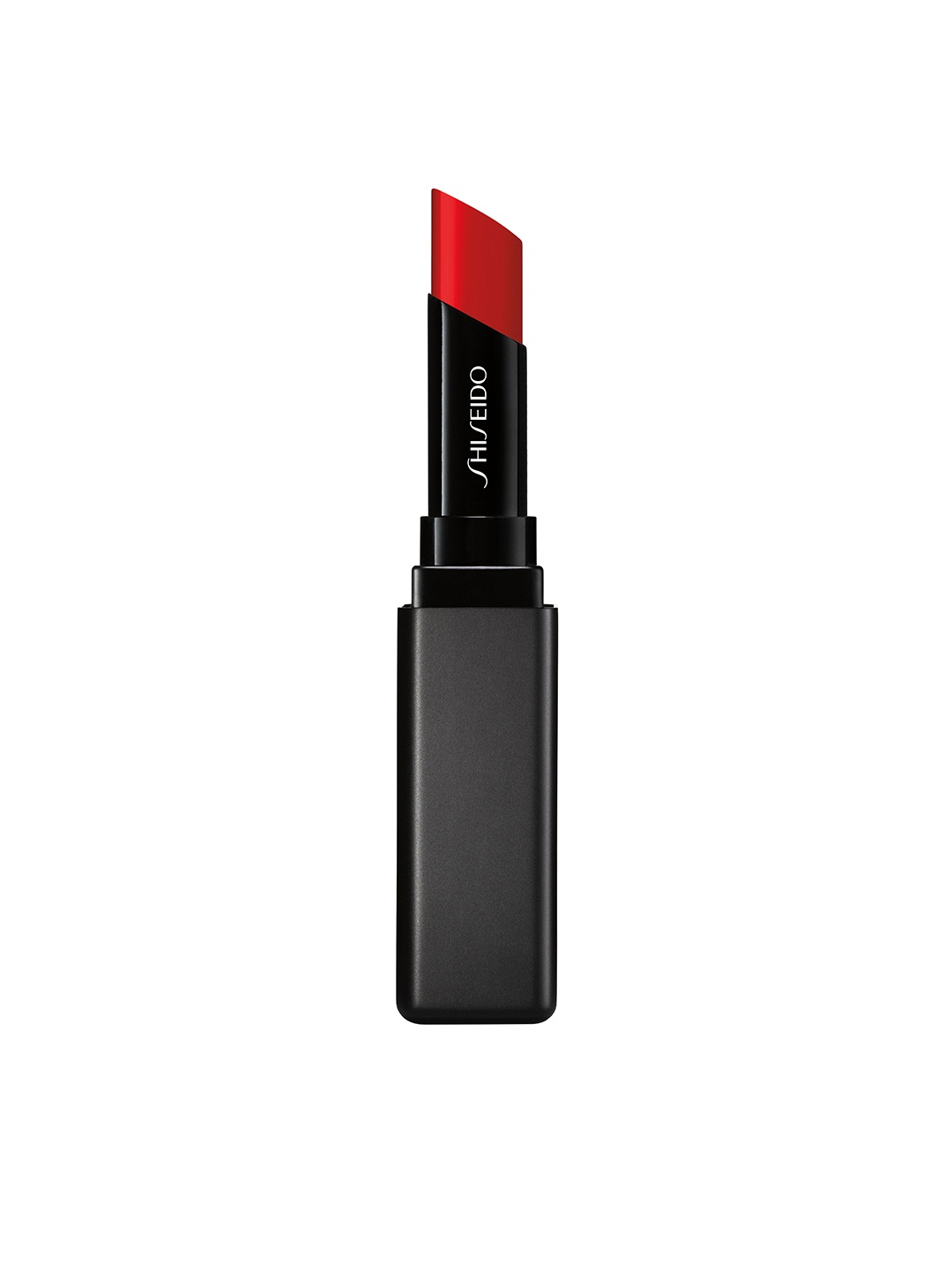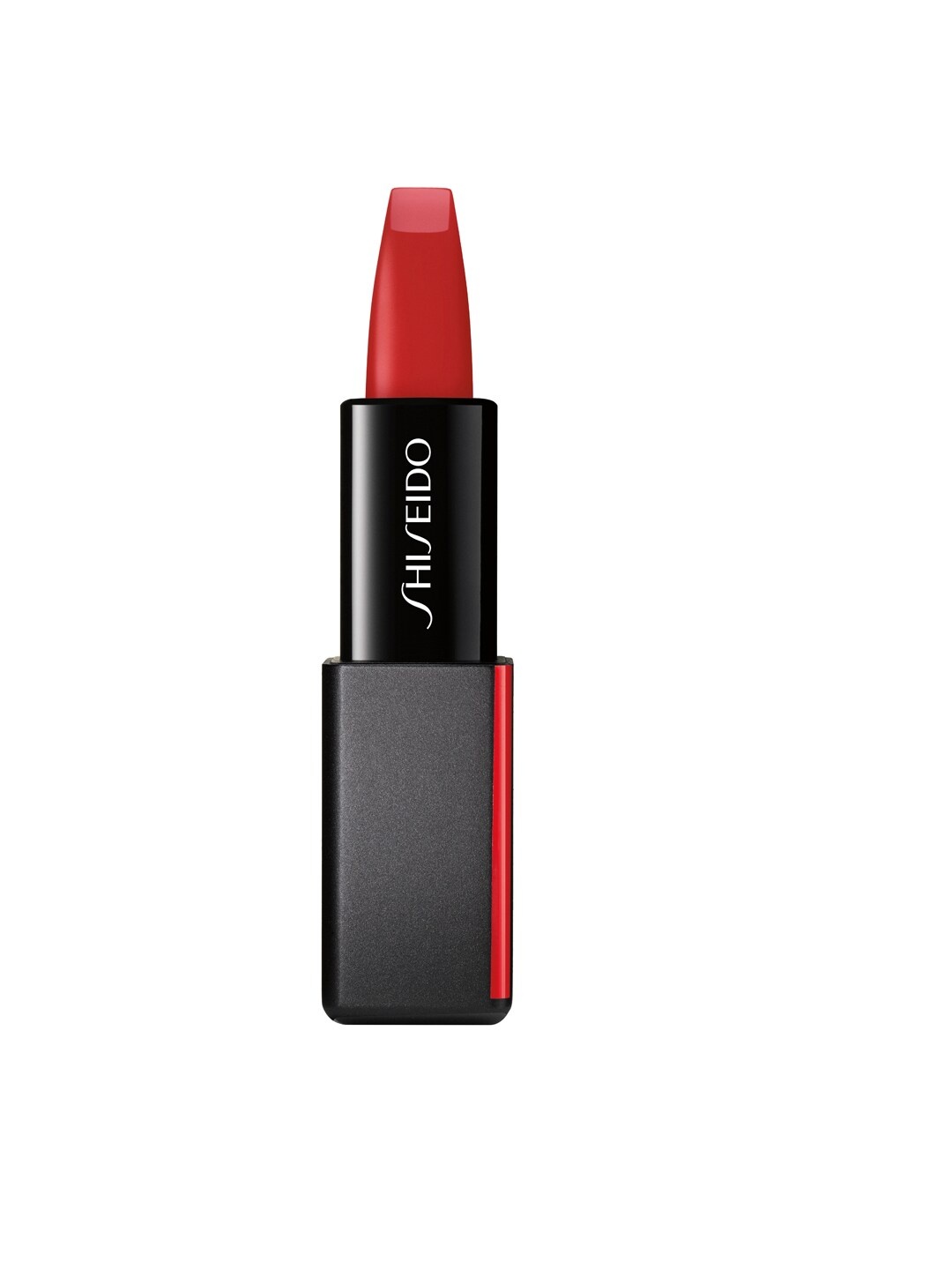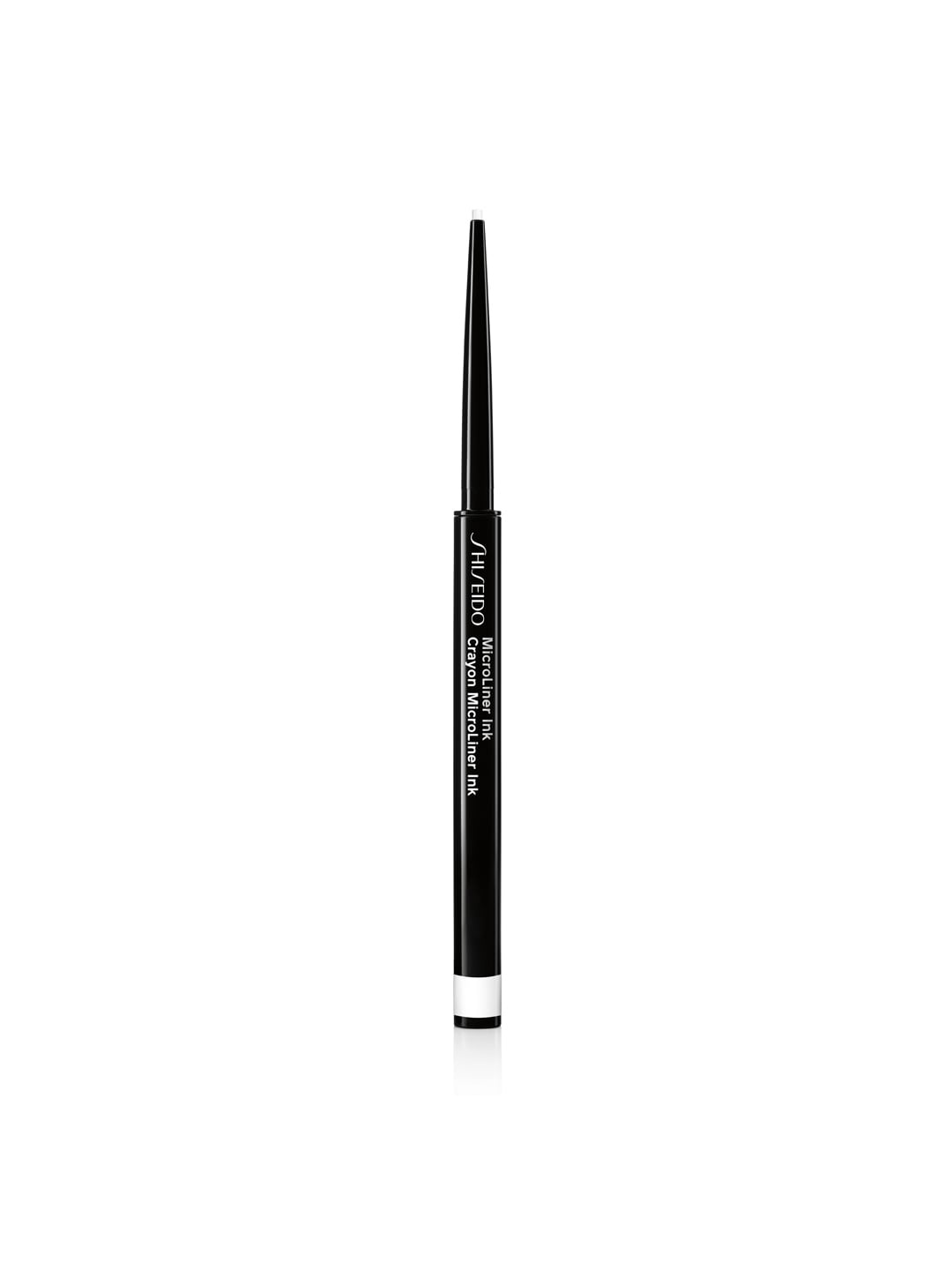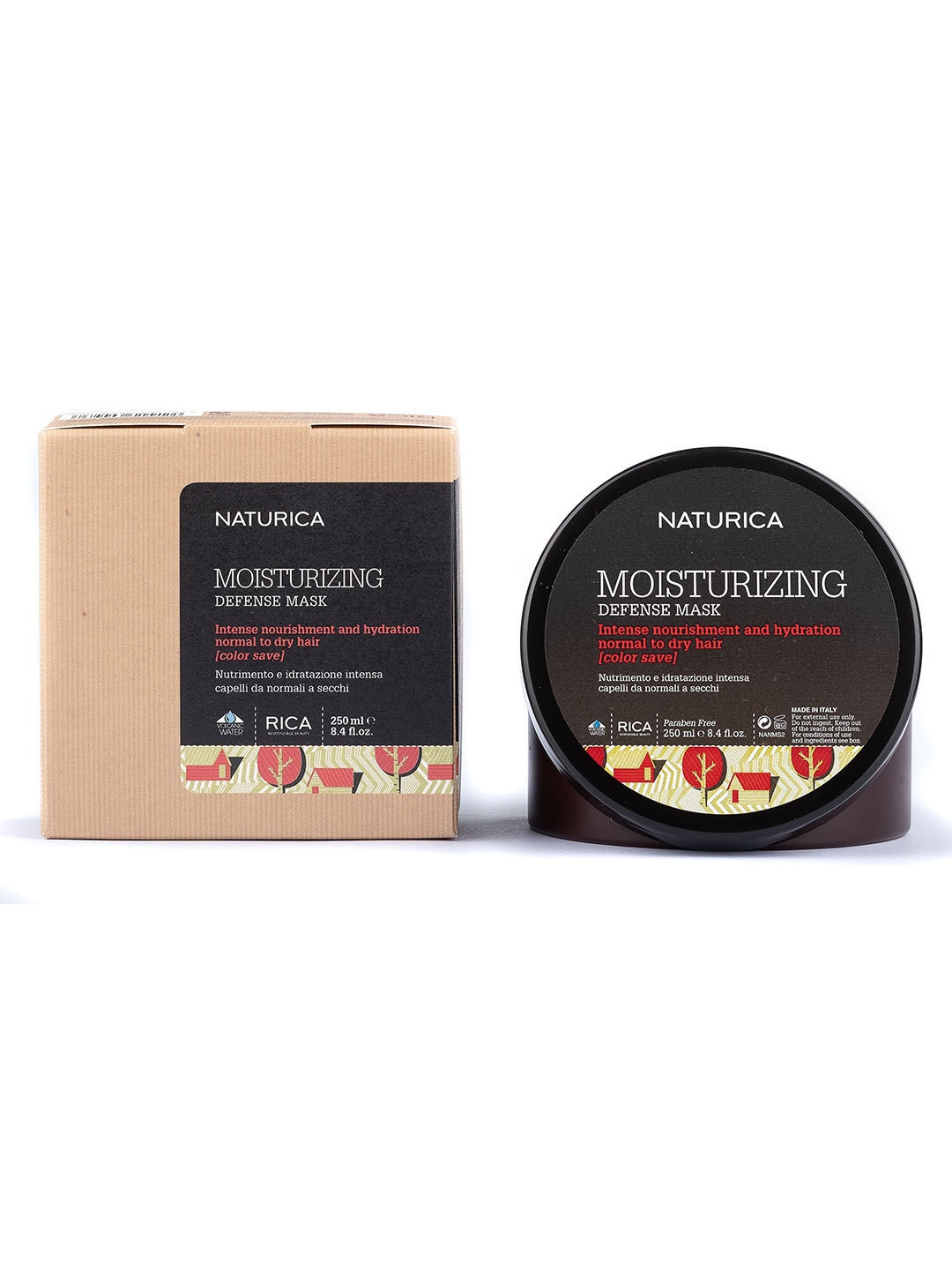Pocket-Sized Power: Blotting Paper As An Essential For Oil-Free, Matte Skin
Discover how blotting paper for the face can help you control oil, preserve makeup, and achieve a shine-free complexion. Discover the various types, the benefits, usage tips, and eco-friendly options in this comprehensive guide.

Compact and discreet, blotting papers are a must-have for on-the-go skincare.
In the world of skincare, few products manage to combine simplicity, affordability, and effectiveness quite like blotting paper. Often tucked away in handbags or desk drawers, these unassuming sheets are a secret weapon against midday shine, excess oil, and makeup meltdowns. But what exactly is blotting paper, how does it work, and who should be using it? This guide explores everything you need to know about blotting paper for the face, from its origins and benefits to tips for choosing the right type for your skin.

Compact and discreet, blotting papers are a must-have for on-the-go skincare.
Photo Credit: Pexels
What Is Blotting Paper?
Blotting paper, also known as oil-absorbing sheets, is a thin, absorbent material designed to lift excess sebum (oil) from the skin's surface without disturbing makeup or causing irritation. Typically made from materials like rice paper, linen, or even wood pulp, these sheets are pressed gently onto the face to mattify oily areas, most commonly the forehead, nose, and chin.
Also Read: Say Goodbye To Cracked Matte Lipstick Looks With 6 Simple Tips
Unlike facial tissues or wipes, blotting papers are specifically engineered to absorb oil without leaving residue or stripping the skin of moisture. They are a staple in many beauty routines, especially for those with combination or oily skin types.
A Brief History
The concept of blotting paper has roots in traditional Japanese beauty rituals. Historically, geishas used aburatorigami- a traditional Japanese facial oil blotting paper. Over time, this practice evolved into the modern-day blotting paper, now widely available in drugstores, beauty retailers, and online.
Why Use Blotting Paper?

From traditional Japanese aburatorigami to modern skincare staples, paper has come a long way
Photo Credit: Pexels
There are several compelling reasons to incorporate blotting paper into your skincare or beauty routine:
1. Instant Oil Control
Blotting papers offer a quick fix for shiny skin, especially during hot weather or long workdays. They absorb oil instantly, leaving the skin looking fresh and matte.
2. Makeup Preservation
Unlike powder touch-ups, which can lead to cakey buildup, blotting papers remove oil without adding product. This helps maintain the integrity of your makeup throughout the day.
3. Portable and Discreet
Compact and easy to use, blotting papers can be used anywhere, at your desk, in the car, or even during a night out. They're discreet enough to use without drawing attention.
4. Gentle on Skin
Most blotting papers are free from harsh chemicals and fragrances, making them suitable for sensitive skin. They don't require rubbing or scrubbing, which reduces the risk of irritation.
Who Should Use Blotting Paper
While blotting paper is particularly beneficial for those with oily or combination skin, it can be useful for anyone experiencing temporary shine or oiliness. Teenagers, professionals, performers, and even those with dry skin may find blotting paper helpful in specific situations, such as during hormonal changes, stress, or humid climates.
Types of Blotting Paper

Eco-friendly blotting papers made from rice and linen offer a sustainable solution to midday shine
Photo Credit: Pexels
Not all blotting papers are created equal. Here's a breakdown of the most common types:
1. Rice Paper
Soft and natural, rice paper is often infused with powder for a dual-action effect, absorbing oil while lightly mattifying the skin.
2. Linen Paper
Durable and highly absorbent, linen-based blotting papers are ideal for heavy oil production. They're often thicker and more textured.
3. Charcoal-Infused
Charcoal is known for its detoxifying properties. These papers not only absorb oil but may also help draw out impurities from the skin.
4. Green Tea or Botanical-Infused
These papers contain antioxidants and soothing ingredients, making them a good choice for sensitive or acne-prone skin.
How to Use Blotting Paper Effectively
Using blotting paper is simple, but a few tips can enhance its effectiveness:
- Press, Don't Rub: Gently press the paper onto oily areas for a few seconds. Avoid rubbing, which can irritate the skin or disturb makeup.
- Target Key Zones: Focus on the T-zone (forehead, nose, chin), where oil tends to accumulate.
- Use as Needed: There's no strict rule, use blotting paper whenever your skin feels greasy or shiny.
- Follow with Powder (Optional): After blotting , a light dusting of translucent powder can help maintain a matte finish.
Downsides of Using Blotting Paper
While blotting papers are generally safe and effective, overuse can lead to unintended consequences. Excessive blotting may signal the skin to produce more oil, creating a cycle of dependency. It's best to use them in moderation and pair them with a balanced skincare routine that includes cleansing, exfoliating, and moisturising.
Eco-Friendly and Sustainable Options
As sustainability becomes a growing concern, many brands now offer biodegradable or recyclable blotting papers. Look for products made from natural fibres, free from plastic packaging, and manufactured using ethical practices. Some brands even offer their products online on e-commerce platforms.
Blotting Paper Related To This Article
1. HEJISUN Oil Blotting Sheets for Face
2. GUBB Blotting Paper for Oily Skin
3. MAYCREATE® 100Pcs Face Blotting Paper
4. LERFOT® 100Pcs Korean Face Blotting Paper
5. Teenitor 400 counts Oil Blotting Sheet
6. LAGRIK 100 Pcs Blotting Sheets for Face
7. FANDAMEI Bamboo Charcoal Oil Blotting Sheets
8. Lyrovo 100Pcs Face Blotting Paper
Blotting paper may seem like a minor addition to your skincare arsenal, but its impact can be significant, especially for those battling midday shine or makeup breakdowns. Whether you're prepping for a photoshoot, heading into a meeting, or just want to feel fresh, these tiny sheets offer a powerful solution in a pocket-sized package.
As with any beauty product, the key is to find what works best for your skin type and lifestyle. With the right blotting paper, you can say goodbye to greasy skin and hello to a clean, confident glow.
Frequently Asked Questions (FAQs)
1. What is blotting paper and how does it work?
Blotting paper is a thin, absorbent sheet designed to lift excess oil from the skin's surface without disturbing makeup or causing irritation.
2. Is blotting paper suitable for all skin types?
Yes, although it's especially beneficial for oily and combination skin, blotting paper can be used by anyone experiencing temporary shine or oiliness.
3. Can blotting paper cause skin irritation?
Most blotting papers are gentle and free from harsh chemicals, making them safe for sensitive skin. However, it's best to choose fragrance-free options if you're prone to irritation.
4. How often should I use blotting paper?
Use blotting paper as needed, typically once or twice a day, to control shine. Avoid excessive use to prevent overstimulating oil production.
5. Are there eco-friendly blotting paper options available?
Yes, many brands now offer biodegradable or recyclable blotting papers made from natural fibres and sustainable materials.












